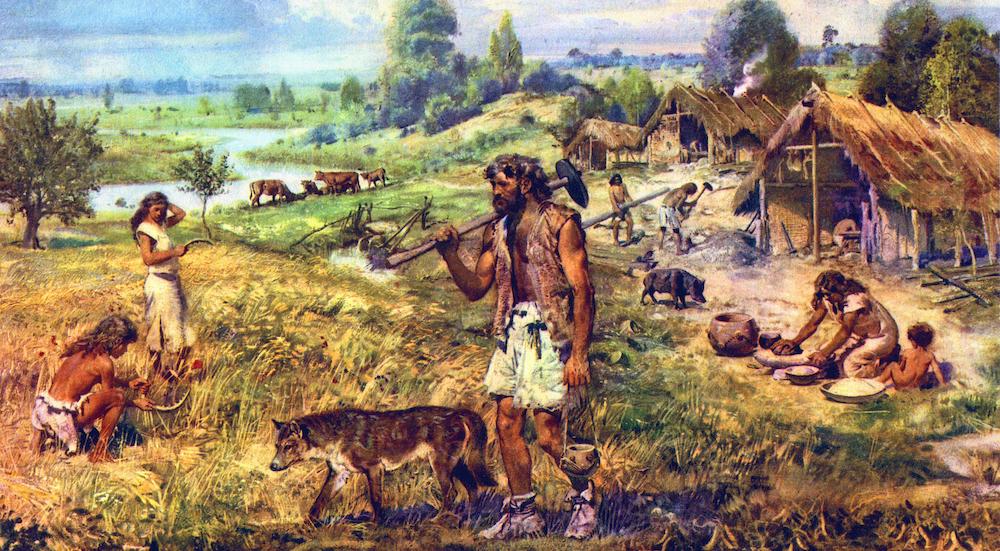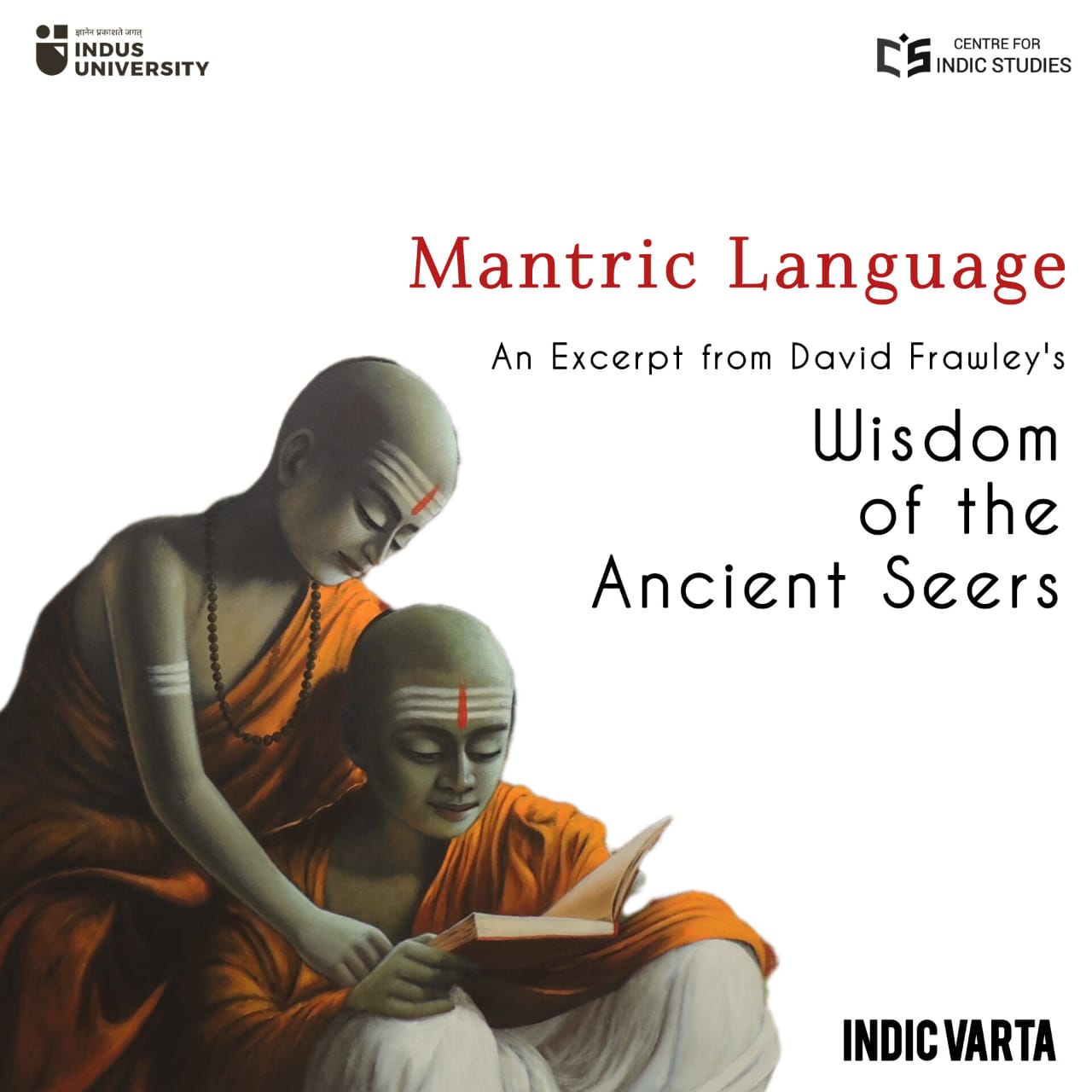- Visitor:14
- Published on:
Book Review on A Hunter-Gatherer’s Guide to the 21st Century
A dog has no need to know the definition of loyalty or a bicycler don’t need to know the physics behind motion, friction and all to ride one. Similarly our customs, habits and tradition they don’t have to offer any other justification if the society having no problems due to them.

FAT TONY: “My dear Socrates … you know why they are putting you to death? It is because you make people feel stupid for blindly following habits, instincts, and traditions. You may be occasionally right. But you may confuse them about things they’ve been doing just fine without getting in trouble. You are destroying people’s illusions about themselves. You are taking the joy of ignorance out of the things we don’t understand. And you have no answer; you have no answer to offer them.”
The above passage comes in Nassim Nicholas Taleb’s book ‘Antifragile’s chapter 17 : Fat Tony debates Socrates. Fat Tony is a fictional character that frequently appears in Taleb’s books and has a no-nonsense attitude. Here Taleb transports him to the famous debate of Socrates’s trial as described in Plato’s ‘Euthyphro’. Where debating with Socrates, Tony tells the later that though people cannot explain their habits, their behaviours or their customs to Socrates in a satisfactory manner, but they still know what they are doing and more importantly those habits or behaviour serves the society well. A dog has no need to know the definition of loyalty or a bicycler don’t need to know the physics behind motion, friction and all to ride one. Similarly our customs, habits and tradition they don’t have to offer any other justification if the society having no problems due to them. In their book ‘A Hunter-Gatherer’s Guide to the 21st Century’, that has a lot in common with NNT’s, Bret Weinstein and Heather Heying argues that those costumes are probably biological adaptations with the help of insights from evolutionary biology.

The authors begin their book by highlighting that “the human niche is niche switching.” Humans operate and specialise in many domains which is why they need generalists, those who know and can make connection across domains. Then they proceed that though evolution has much to do with reproduction but reproduction is a means to achieve the continuation of species and not the only means. “Fitness is indeed often about reproduction, but it is always about persistence.” Along with reproduction of individuals, for persistence of a population there are several other factors involved. And since our several group identities regarding ethnicity, language, custom shapes an individual too, so culture also contribute to this persistence. Here the authors postulate the omega principle against the popular Dawkinian model where culture and genome appears to be in competition for their expression. But in reality culture enhances the fitness of individual and not at a cost of genetic fitness. In the world of trade-offs (we will return to trade offs shortly) culture becomes a necessity for the persistence of a species. The authors argue ,”If culture was not paying its way, the genes whose expression it is modifying would either go extinct or evolve to be as immune to culture as an oak tree.” The omega principle says ,”Adaptive elements of culture are no more independent of genes than the diameter of a circle is independent of that circle’s circumference.” From this principle the authors arrive at one of the core themes of the book- “Any expensive and long-lasting cultural trait (such as traditions passed down within a lineage for thousands of years) should be presumed to be adaptive.”
The authors denote Western, Educated, Industrialised, Rich and Democratic nations as WEIRD and they use this frequently throughout the book. The nation gained these WEIRD features after the arrival of modernity. While there have been obvious benefits, consequences have followed too. The world in front of us is changing in an alarming speed while we don’t understand the process fully. In order to not become a victim of this novelty the writers propose Chesterton’s fence that says: Things whose function we are unaware of, may have some function that is yet unknown to us, hence we should not try to get rid of them. Chesterton has been proven right again and again in case of breast milk, large intestine and appendix.

The authors discuss two interesting phenomena: trade offs and taste in the same chapter. There are trade-offs everywhere in the world. In order to have an antler, a deer loses some bone density. While being high boned and muscular is valuable one cannot have, at the same time, maximum locomotor efficiency. In order to maximize on one, one has to give up another. Our general tastes, on many things, they too have an evolutionary origin. Generally a thing with nutritional value will smell pleasant to us while the smell of a toxic substance will be repulsive. When we cook food, it is less about making it taste good which comes along with detoxification, amplification of their nutritional values, protection from microbial contamination and preservation. While taste offer a first order defence, it is by no means sufficient in the hyper novel world we live in. Solvents smell good, yet are toxic. We possess inbuilt detector for carbon dioxide but not for carbon monoxide, which is more dangerous but a recent product of industrial revolution.
In the chapter devoted to medicine the authors specifically address the problem of reductionism. Reductionism can be understood by we limiting what a thing is to how much we know about it and this would be the benign most understanding of it. “We look for metrics, and once we find one that is both measurable and relevant to the system we are trying to affect, we mistake it for the relevant metric.” Citing a few examples the authors say how reductionism in with respect to our body and mind is harming us. Be it using fluoridated water, safety of GMO, deciding how much sun exposure we need, breaking down exercises into cardiovascular, strength training, flexibility like smaller components, using PPA as a food preservative, all these which have established and potential side effects are being used because we moderns are operating under the reductionist idea that our bodies are machines and can be engineered into compliance. We have lost our faith in our body’s ability that is a product of thousand of years evolutionary improvisation and want everything that is not compatible with our “ideal” metrics to be fixed by either chemicals or surgery. The authors do acknowledge the benefits of antibiotics and surgery but the problems they highlight also needs to be analysed in all seriousness.
Our diet is no more free from reductionist approach. While some stress upon a complete raw or paleo diet, over time, supplements of different minerals, vitamins etc. in their purified form instead of their sources are making entry to our plate. The food we eat, not only provides us energy but also provides protection and also a scope to reflect our celebration or joy. Cuisine, which is an integral part of our culture can not be reduced to the grams of protein, calories and alphabetically named vitamins that we get from it. The whole is always greater than the sum. Hence our plate should contain less processed, more species diverse, organic food that resembles the plate of our ancestors.
After food; authors move to sleep. Our sleep is a product of a simple trade off. It is impossible to have an eye that can perform optimally in both day and night. Naturally our brain and body have both grown being dependent upon sleep. However in our hyper novel world electric light, especially LEDs, noise pollution and 7a 24 hour running economy is interfering 7l7);with our sleep and sleep disorders like insomnia are becoming more and more common. It has also been observed in case of many insomniacs that avoidance of day light spectrum blue light, like staying in a camp has benefited some patients. But such insights are yet to be adopted in our life styles.
Humans reproduce sexually. This resulted in sexual dimorphism and this dimorphism can be seen outside reproductive domains. Previously, the books ‘End of Gender’ and ‘Irreversible Damage’, which I have reviewed have explained too that gender role and some fields being dominated by men has got nothing to do with oppressive patriarchy rant of feminists but a result of evolution. The authors here also explain why women, since they are bound by nature to conceive and take the primary care of a new born child, they are as a result selective in their mate preferences. Modern reductionism can be seen in this sphere too where pornography provides instant gratification and makes people
have difficulty developing, maintaining, and understanding sexual relationships. In the author’s words “If the most complete human sexuality is, as we argue, an emergent property between whole individuals—bodies and brains, hearts and psyches—porn reduces sex to commodity, to acts, to mere bodies.”
The authors then move on to parenthood and relationship. They posit how love first developed between mother and child, started including father, siblings and cousin and then evolved to love for abstractions. Sexual strategies have also evolved on this background. They also explore how casual sex affects our ability to stay in relationships and women, instead of being “liberated” becomes the primary victim of this. The rising single parenthood, uncared for elders are also a consequence of this.
Childhood is a period of learning. New things have been discovered not because of following any precise procedures but because of random tinkering. Moderns, out of their insatiable desire to “fix” things have made an inflexible, supervised, controlled and sedated atmosphere for children, be it their school curriculum or play. Also the children who are more likely to grow in front of a skin than in presence of persons are lacking many fundamental requirements that restricts their natural physical, emotional and mental growth. Without allowing them to make small mistakes and learn from it to avoid larger ones they are rather being left more susceptible to larger ones.
After explaining such fundamental concepts, Weinstein and Heying argue that the modern world is heading for collapse. The surplus production may give a false sense of security but the world is functioning today on evolutionary unstable principles. A simple evolutionary strategy to counter the novelty of modern world would be to follow a conservative approach in case of an unknown, unexplored domain where cost-benefit analysis is not favourable and start tinkering and take large scale measures in case of only when cost otherwise might exceed the benefit. The couple’s have suggested their solution as the fourth frontier, a frame work to build an indefinite steady state. They also write about their annual tradition in Hanukkah which is also worth mentioning as a sustainable strategy. They include :
“Day 1: All human enterprises should be both sustainable and reversible.
Day 2: The Golden Rule: Do unto others as you would have them do unto you.
Day 3: Only support systems that tend to enrich people who have contributed positively to the world.
Day 4: Don’t game honourable systems.
Day 5: One should have a healthy scepticism of ancient wisdom, and engage novel problems consciously, explicitly, and with robust reasoning.
Day 6: Opportunity must not be allowed to concentrate within lineages.
Day 7: Precautionary principle: When the costs of an action are unknown, proceed with caution before making change.
Day 8: Society has the right to require things of all people, but it has natural obligations to them in return.”
In the end, the book is very much lucid in language and requires almost no background reading. Even high school students can understand the ideas discussed in the book. Barring a few points, the readers will get a good primer on the emerging field, evolutionary biology and its implications.
Bibliography:
Heather E. Heying and Bret Weinstein (14 September 2021), A Hunter-Gatherer’s Guide to the 21st Century: Evolution and the Challenges of Modern Life, Swift Press
Center for Indic Studies is now on Telegram. For regular updates on Indic Varta, Indic Talks and Indic Courses at CIS, please subscribe to our telegram channel !
- 7 min read
- 0
- 0










